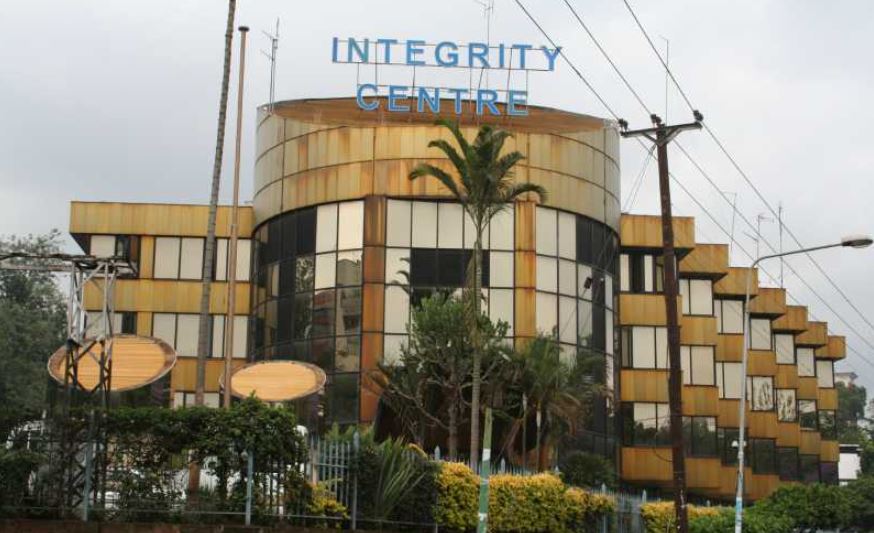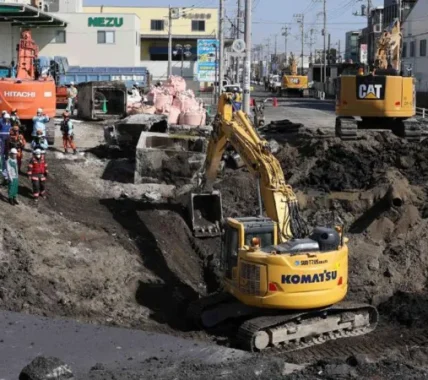 The Ethics and Anti-Corruption Commission (EACC) has exposed the most corrupt public offices in Kenya, highlighting the widespread graft affecting government institutions.
The Ethics and Anti-Corruption Commission (EACC) has exposed the most corrupt public offices in Kenya, highlighting the widespread graft affecting government institutions.
According to the National Ethics and Corruption Survey 2023, released on Tuesday, corruption remains deeply rooted in key public offices, undermining service delivery for millions of Kenyans.
The report ranks the County Health Department, National Transport and Safety Authority (NTSA), County Commissioner’s Office, Public Service Commission, and County Public Service Boards as the top five most corrupt institutions, each recording 100% graft prevalence.
Kenyans seeking services in these institutions often face demands for bribes to ensure faster processing, according to the EACC report.
Other agencies that recorded 100% corruption prevalence include the National Construction Authority (NCA), the Teachers Service Commission (TSC), the Kenya Forestry Service (KFS), the Ministry of Defence, and the Ministry of Industrialization, Trade, and Enterprise Development.
Several other public institutions also show high levels of corruption, with the Constituency Development Fund (CDF) Office recording 98.2% prevalence, Dispensaries and Public Hospitals (94.5%), Regular Police (87.2%), and the Registrar of Persons (77.5%).
The Judiciary, Police Department, Ministry of Lands, Ministry of Health, Directorate of Criminal Investigations (DCI), and the Kenya Bureau of Standards (KEBS) also ranked among the most corrupt institutions in the country.
The report highlights the impact of bribery on essential services, particularly in applying for a TSC number, accessing relief food, vehicle registration, obtaining construction permits, securing driving licenses, and applying for CDF funds or agricultural extension services.
EACC further revealed that Nyamira, Baringo, Siaya, Bungoma, Turkana, West Pokot, Samburu, Nandi, Kakamega, and Kisumu recorded the highest corruption cases, each registering 100% graft prevalence in public offices.
Additionally, the average national bribe surged to Ksh 11,625 in 2023, a sharp increase from Ksh 6,865 in 2022, underscoring the growing financial burden of corruption on Kenyans.
Based on a survey of 5,100 respondents across all 47 counties, 57.3% of Kenyans believe corruption levels remain high, raising concerns over the integrity of government institutions and the urgent need for reform.
This comes as Kenya ranked 121st out of 180 countries in the 2024 Corruption Perception Index (CPI), according to Tuesday’s report by Transparency International Kenya (TI-K).









